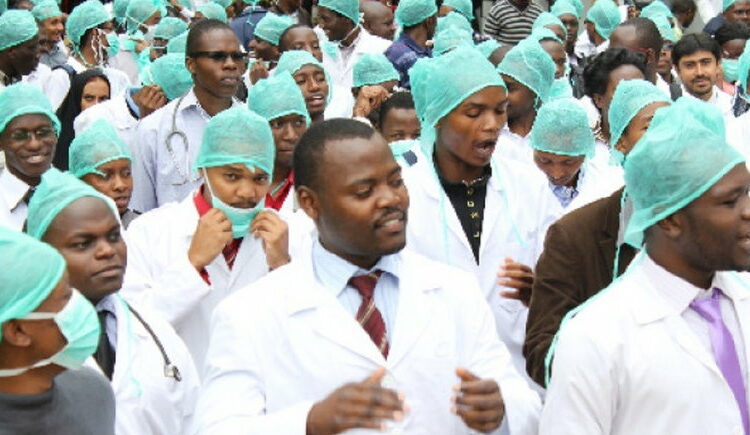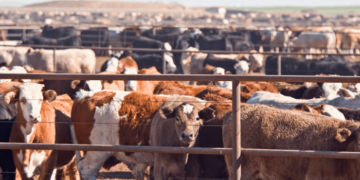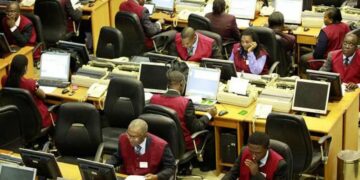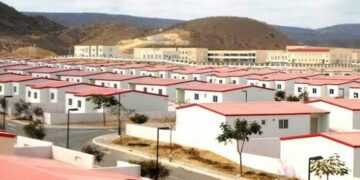Nigeria’s already-strained health system has been thrown into deeper turmoil as the nationwide strike by resident doctors entered its 17th day on Monday. In contrast, the Joint Health Sector Union (JOHESU) and the Assembly of Healthcare Professional Associations (AHPA)’s indefinite industrial action entered its third day.
The dual strikes have left public hospitals across the country operating at skeletal levels, with patients increasingly stranded and no clear path to resolution in sight.
JOHESU, whose members include laboratory scientists, pharmacists, health records officers and other critical professionals, declared its strike on Friday after what it described as a unanimous decision by its Expanded National Executive Council.
The unions accuse the Federal Government of neglecting the Consolidated Health Salary Structure (CONHESS) for 12 years, a long-standing demand dating back to January 2014.
JOHESU National Chairman, Comrade Kabiru Minjibir, said the strike became unavoidable following “prolonged delays and government inaction” despite several reminders after the last strike was suspended in June 2023 on the intervention of President Bola Tinubu.
He noted that even after a Memorandum of Understanding signed on 29 October 2024, there had been “no positive response” from government ministries and agencies.
Central to the dispute is the non-implementation of a High-Level Committee report on CONHESS submitted in 2022. The unions stated that the government adjusted doctors’ salaries in 2014 but failed to implement a corresponding adjustment for other health workers, thereby violating the 2009 Collective Bargaining Agreement.
JOHESU warned against the victimisation of its members, insisting the action is a “legitimate dispute of right under labour law.”
Meanwhile, resident doctors across government-owned hospitals have remained off duty for over two weeks, demanding payment of allowances, improved working conditions, and the full disbursement of the Medical Residency Training Fund (MRTF).
Their absence has worsened service delivery, especially in emergency units and surgical wards.
However, the Minister of State for Health and Social Welfare, Dr Iziaq Salako, said the Federal Government is making efforts to address the grievances of health workers.
Salako added that the government is investing heavily in infrastructure upgrades in tertiary hospitals, with recent projects completed in Abeokuta, Enugu and Sokoto.
With no cadre of health workers spared in the ongoing disputes, patients nationwide are bearing the brunt of the situation. Several hospitals have scaled down services, postponed surgeries and redirected patients to private facilities.
Health experts warn that unless urgent steps are taken, the simultaneous strikes could deepen the country’s already fragile health outcomes, delay critical treatments and increase preventable deaths.
For now, as the doctors’ strike stretches to Day 17 and JOHESU’s indefinite action solidifies on Day 3, the end of the country’s health sector crisis remains uncertain.





